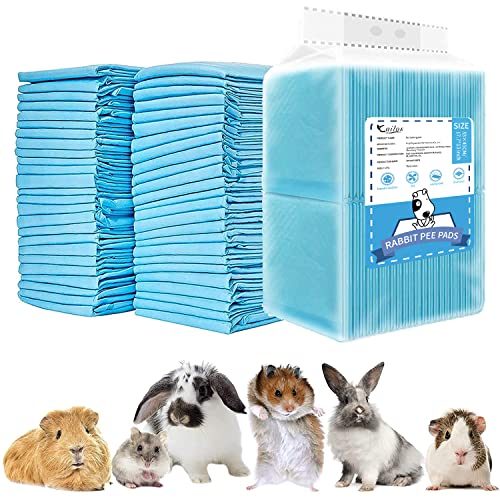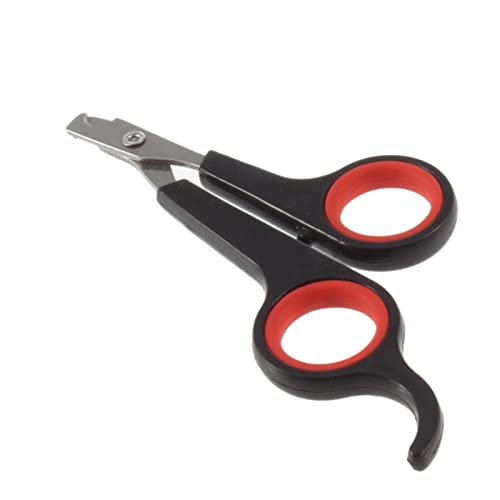For pet rabbits I would give free fed(never let run out) good quality timothy hay or any rabbit safe grass hay(no mold, no toxic weeds), and good quality plain(no seeds or colorful bits) alfalfa pellet(with alfalfa being first on the ingredient list) free fed if no signs of mushy poop and also eating hay well( or less than free fed if develops mushy poop and/or isn't eating hay well), to babies(gradually increasing to free fed around 4 weeks old) and young rabbits, then gradually start reducing amount at 4-6 months old for small to medium breeds, 10-16 months for large breeds, to eventually be feeding 1/4-1/2 cup per 5 lbs of body weight. Then at 6-8 months for small/medium rabbits, 12-18 months large rabbits, gradually transition from alfalfa pellets to a good quality timothy or other grass based pellet.
When exactly to reduce pellet amounts and also when to transition to timothy pellets, will depend on the breed and each rabbits metabolism. If a growing rabbit is starting to look chunky, they probably need less pellets, if they are looking thin, they probably need more pellets(or could have a health issue). If they are having a lot of calcium sediment in their urine, for young rabbits they probably need less alfalfa pellets, or if almost fully matured then they are probably ready to be transitioned onto timothy/grass based pellet that has less calcium than alfalfa pellets. Each rabbits diet should be tailored to them, but this is generally how I would go about feeding.
For breeding does and bucks it would be a different diet than pet rabbits, as the does will need higher protein and calcium for nursing, and bucks will need higher protein. So generally they are fed alfalfa based pellets, approximately 1 oz per lb of body weight for bucks and non nursing does, and free fed for nursing does. I would also free feed timothy or other grass hay. But again this is just a general feeding suggestion, and will vary with each rabbit depending on breed, metabolism, and any other considerations like health issues and digestive problems.





































































